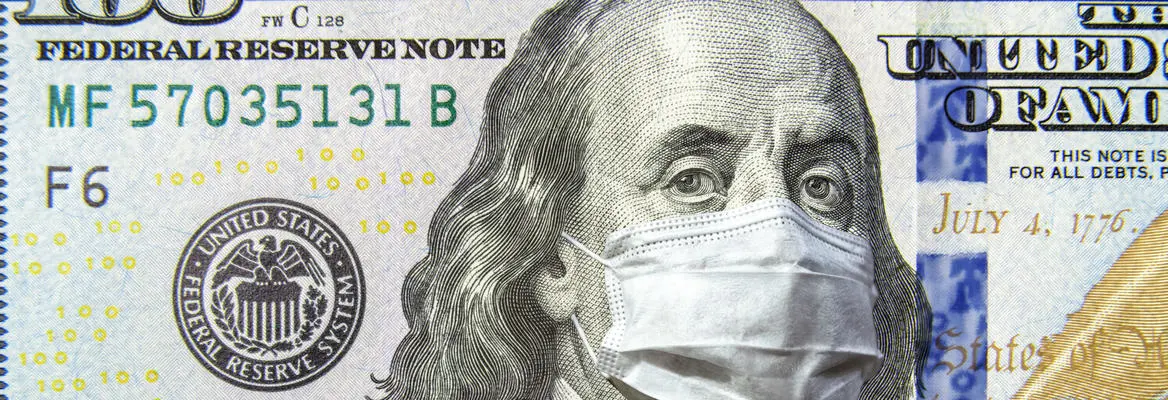Amazon founder Jeff Bezos made headlines this year for his pledge to donate $10 billion of his fortune to fight climate change. The money sounds like a lot, and the announcement did compel the usual flurry of media articles that trail in the wake of any big gift announcement from household billionaire names. But the tone of the media coverage this time was more sceptical than in the past.
Something’s changed in the world of big philanthropy. More people today are hesitant to assume that billionaires can solve the problems that face us globally, from deepening inequality, to growing numbers of refugees, to the climate emergency. Why can’t they solve them? Because the mega-wealthy can’t save us from problems their business practices have compounded in the first place.
The mega-wealthy can’t save us from problems their business practices have compounded in the first place
From tax avoidance to lobbying for self-regulation in the area of international business supply chains, today’s billionaires have often grown rich from corporate abuses of power. Just look at Microsoft: the source of famed philanthropist Bill Gates’s wealth, the tech giant was and remains a king of subcontractor labour. From the 1980s on, the company has been at the forefront of hiring legions of ‘permatemp’ workers who have few labour rights or protections, including sick pay.
This helped to normalize an immoral way of treating a workforce, and for all we hear about billionaire philanthropy, large companies are not treating their workers any better today. If anything, the precarious gig economy has gotten worse, while government austerity in wealthy countries over the past decade has left many households even worse off than they were in 2000 (the year the Bill and Melinda Gates Foundation was established).
The idea that billionaires are the world’s best hope was popularized in a series of books written in the mid-noughties, just before the 2008 global financial crisis. One of them was Philanthrocapitalism: How the Rich Can Save the World, by Matthew Bishop and Michael Green. The book hails the Gates Foundation as a pioneer of the new philanthropy because of Gates’ oft-stated belief in ‘creative capitalism’, which he defines as using business solutions to meet global development goals, including reductions in hunger, poverty and global diseases.
It sounds good on paper. But back in 2008, in a review of the book for the British magazine The Spectator, I suggested that asking Bill Gates to narrow inequality was like asking an arsonist to hose down the house he’s just set on fire. It’s foolhardy, in other words, to expect people who have won big from economic inequality to reverse the corporate practices that have perpetuated the worsening problem.
I’ve often been told this argument is too ‘mean-spirited’, as Fast Company put it, and I can understand the criticism of my criticism. It strikes many people as odd or Scrooge-like to suggest that billionaires shouldn’t give away their wealth. Fast Company went on to suggest that ‘it’s doubtful if people receiving polio vaccines and anti-malaria netting care much about the arrogance of their benefactors’.
But lately the ‘Overton window’ – the spectrum for which arguments gain mainstream traction or not – has shifted, and today more people agree that billionaires’ gifts, however jaw-dropping they seem at first, often come with strings attached.















Join the conversation